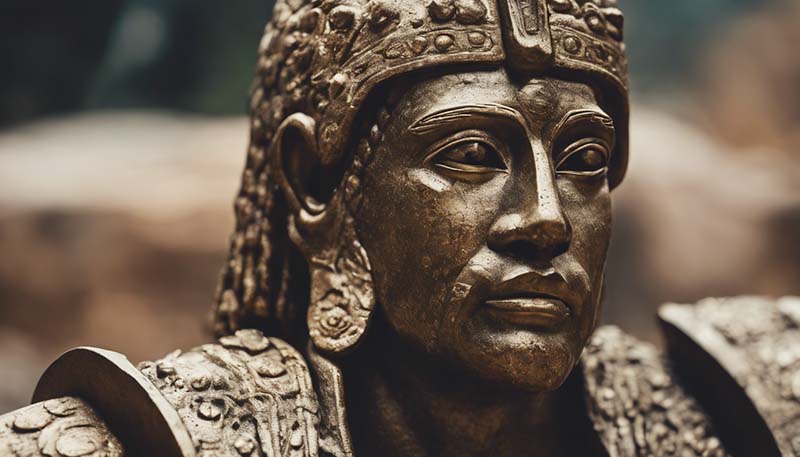The Legacy of Ancient Civilizations: A Deep Dive into Human History
Human history is a rich tapestry woven with the threads of countless civilizations that have risen and fallen over the millennia. The legacies of these ancient cultures continue to shape our world today, influencing everything from our languages and religions to our political systems and technological advancements. This article aims to explore the profound impact of ancient civilizations on the human story.
Introduction: The Dawn of Civilization
The story of human civilization begins with the emergence of the first cities in Mesopotamia, around 4000 BCE. The Sumerians, among the first to develop writing, laid the groundwork for many of the innovations we take for granted today.
Mesopotamia: The Cradle of Civilization
Mesopotamia, the land between the Tigris and Euphrates rivers, gave rise to some of the earliest known civilizations, including the Sumerians, Babylonians, and Assyrians. These cultures developed agriculture, law, and monumental architecture, leaving a lasting legacy on human development.
Advertisement
Egypt: The Timeless Legacy
The ancient Egyptians were renowned for their monumental achievements, including the construction of the Great Pyramids. Their contributions to mathematics, medicine, and art continue to captivate the modern world.
Indus Valley: The Ancient Urban Culture
The Indus Valley Civilization was a highly advanced urban society that thrived around 2600 BCE. Despite its decline, the Indus script and sophisticated city planning have left an indelible mark on history.
China: The Longest Continuous Civilization
China's ancient dynasties, from the Shang to the Han, developed a unique set of philosophical, artistic, and political traditions that continue to influence the East Asian cultural sphere.
Greece: The Birthplace of Democracy
Ancient Greece is celebrated for its contributions to philosophy, science, and the arts. The concept of democracy, born in Athens, has become a cornerstone of modern governance.
Rome: The Eternal City
The Roman Empire's legal code, engineering marvels, and Latin language have had a profound and lasting impact on Western culture and the development of European nations.
The Americas: Ancient Cultures of the New World
From the Maya to the Inca, the ancient civilizations of the Americas developed complex societies with unique calendars, architectural wonders, and agricultural innovations.
The Legacy of Ancient Civilizations Today
The legacies of ancient civilizations are not just historical artifacts but living traditions that continue to influence our modern world. They have shaped our values, laws, and cultural practices, and continue to inspire new generations.
Conclusion: The Enduring Influence of the Ancient World
As we continue to uncover the mysteries of ancient civilizations, we gain a deeper understanding of our collective past. The enduring influence of these cultures reminds us of the interconnectedness of human history and the potential for future progress built upon the foundations of the past.

Note: This article is a simplified overview and does not cover the vast and complex histories of all ancient civilizations. It is intended to provide a starting point for further exploration and understanding.
Comments